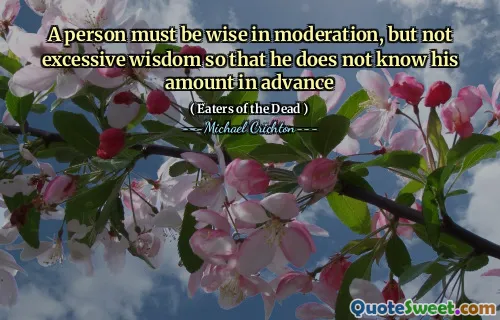
The beginning of wisdom is the definition of terms.
📖 Socrates
This quote underscores the fundamental importance of clarity and precision in the pursuit of wisdom. Before any meaningful understanding or insight can be achieved, it is essential to define the concepts and terms involved. Often in conversation or analysis, misunderstandings arise because words carry different meanings or connotations for different individuals. By carefully defining terms at the outset, it creates a common ground for dialogue and thought, preventing confusion and misguided conclusions.
In education, philosophy, and science, the rigor of defining terms ensures that arguments are built on solid foundations. It allows us to peel back layers of assumptions and preconceptions that can cloud judgment. The process of defining also encourages deep thinking, as it forces one to consider the essence and limits of ideas. Not only does it help in communicating clearly with others, but it also contributes to self-awareness and intellectual honesty.
This principle is especially relevant in today's world, where information is abundant, yet clarity is scarce. Miscommunication and misunderstanding plague personal relationships, professional discourse, and societal debates. Embracing Socrates' insight reminds us that wisdom does not simply mean having knowledge, but involves a careful and conscious reflection on what that knowledge means. Therefore, the start of any learning journey or problem-solving endeavor should be to define clearly the terms involved. This foundational step transforms vague thoughts into communicable and actionable knowledge, guiding us toward more enlightened perspectives.











